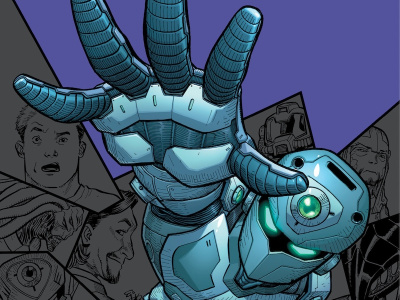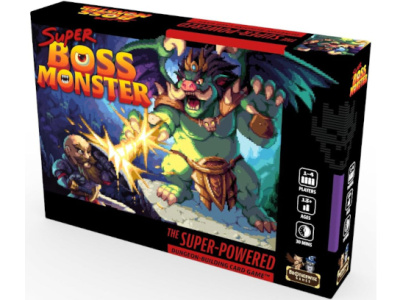Reacting to a request for an injunction, a
For its part Topps maintains that the Upper Deck takeover poses possible anti-trust violations (Upper Deck says it will give up Topps' Major League Baseball license if its deal is accepted, though that doesn't necessarily clear up all the anti-trust questions), that could scuttle the deal somewhere down the line -- and according to Topps the Upper Deck deal has an inadequate break-up fee if the deal should fall apart. Topps also maintains that Upper Deck has not indicated how it plans to raise the $424 million that its offer entails, and Topps is suspicious that Upper Deck may be using its offer as a means to get the lowdown on its competitor's financial operations.
Judge Leo Strine Jr., however, agreed with Upper Deck and halted the June 28th vote on the Eisner-led buyout indicating that he thought that Topps shareholders could be 'irreparably injured' by not having the option of considering Upper Deck's offer. Topps is also dealing with an internal group of dissidents led by the Crescendo Group (see 'Topps Tilt Goes Tit-For-Tat').







